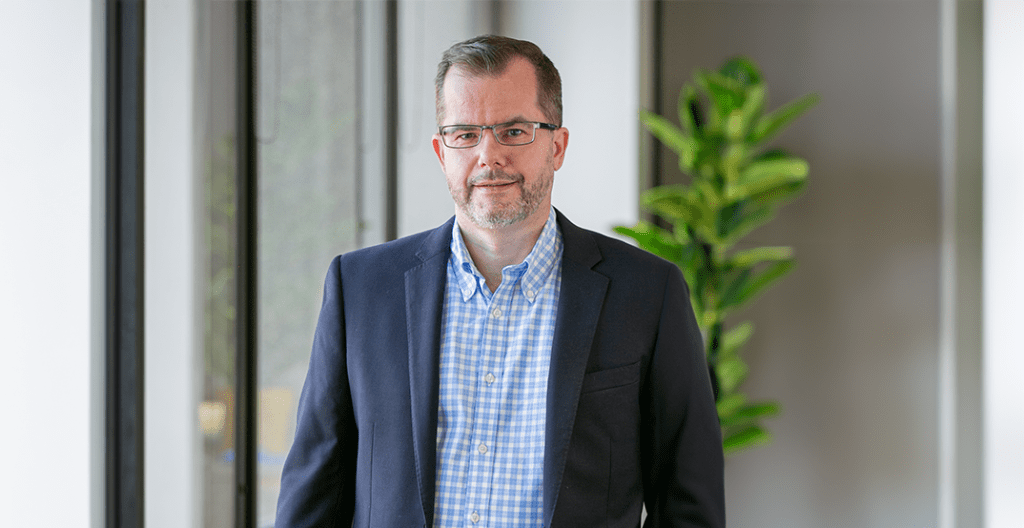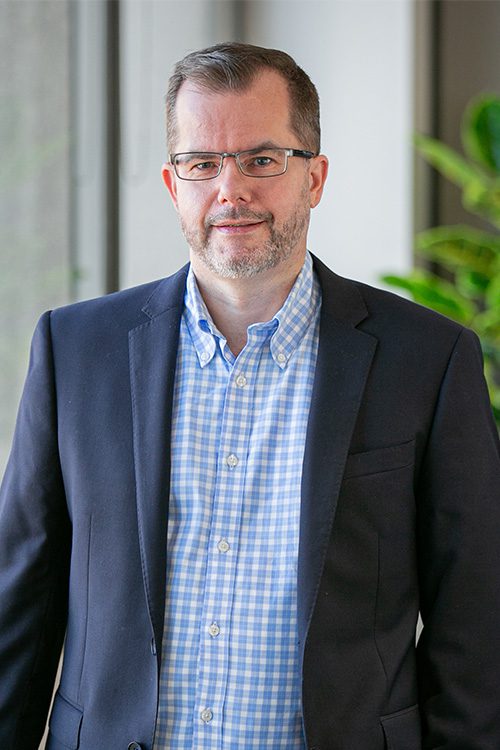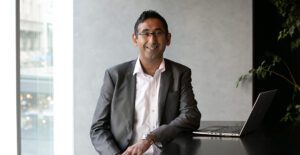William Buck welcomes the Royal Australian College of General Practitioners’(RACGP) Health of the Nation report and believes more is required to help general practitioners (GPs) boost practice sustainability.
The report draws directly from the reflections and experiences of GPs and those in training via the nationwide RACGP Health of the Nation survey. It found that four out of five practice owners are concerned about the sustainability of their practice despite GPs seeing more patients than ever.
Paul Copeland, Head of Health Services at leading accounting and advisory firm William Buck said the feedback from the firm’s clients echoes that captured by the RACGP.
“GP’s can earn as little as a quarter of other medical specialists, despite training for as long as other doctors and also doing their fellowship training,” said Paul.
To heighten the worries of GPs, the potentially devastating impact of payroll tax is still yet to be effectively addressed.
“The Victorian State Treasurer provided a letter to general practices indicating that if they were faced with bankruptcy, he would look to use his prerogative powers to have the debt waived,” said Paul.
“This totally ignores the stress and cost that practice owners incur prior to reaching the point of near bankruptcy.
“It is time for the Federal Health Minister to step in and arbitrate a consistent approach, ideally mirrored on the Queensland State Governments amnesty followed by the acceptance of a workable solution that involves patients paying practitioners directly.”
The report also found that nearly three in 10 GPs (29%) intend to retire in the next five years, which would result in a net loss of 24% of all practising GPs. Additionally, it highlighted the fact that fewer medical students are choosing general practice training.
Paul said more needs to be done to attract doctors to become GPs.
“A pipeline of new general practitioners is needed with virtually all our practice owners looking for more doctors to service the growing demands and needs of their patients.
“Without this, the cost of seeing a doctor will only increase with more financial pressure to be placed on patients,” urged Paul.










